Economic Concerns Arise Over Trump’s Deportation Plan Amid Grocery Price Inflation
November 19, 2024 at 4:00 PM
2 minutes read
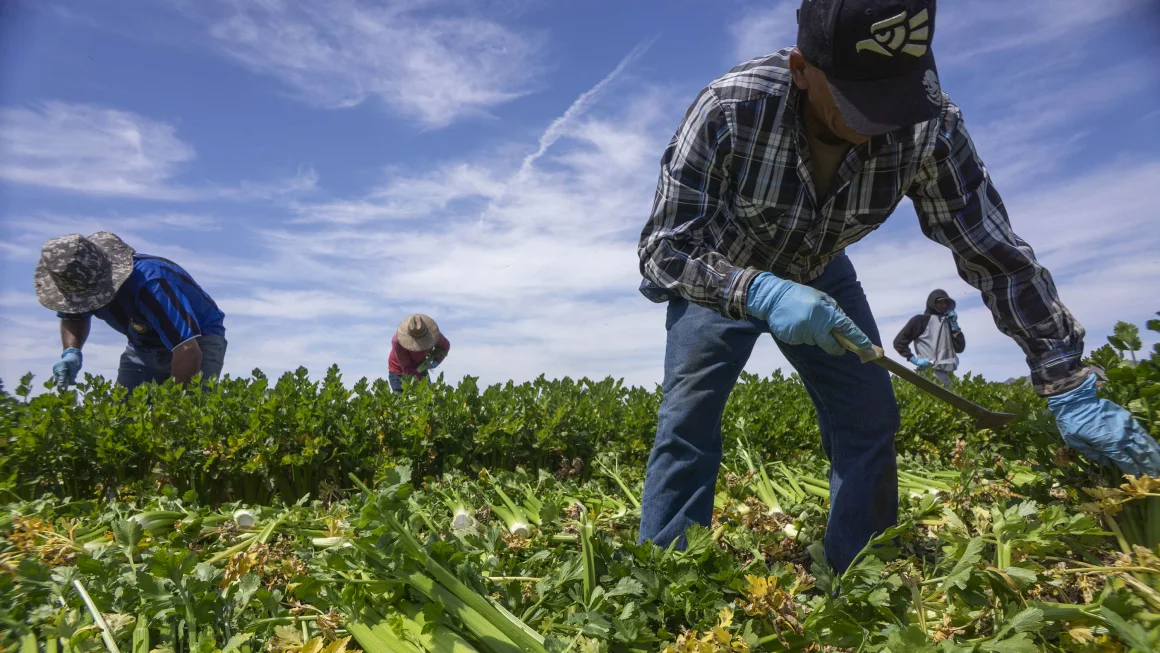
Former President Donald Trump’s proposed deportation plan, a centerpiece of his 2024 campaign, is drawing criticism from economists and industry leaders, who warn it could exacerbate labor shortages and fuel rising grocery prices. With food costs already a pressing concern for many Americans, experts fear the impact of removing millions of undocumented workers from the U.S. workforce.
Agriculture, food processing, and logistics industries rely heavily on immigrant labor. These sectors, which have faced significant labor challenges in recent years, would likely be among the hardest hit. Farmers, in particular, have raised alarms about potential losses, as many agricultural roles are filled by undocumented workers willing to take on physically demanding jobs that often go unfilled by domestic workers.
"This plan could cripple the agricultural sector, which is already struggling with supply chain issues and inflation," said a leading agricultural economist. "Without enough workers to harvest crops, food prices will continue to rise, hurting American families."
The Biden administration has been grappling with persistent grocery price inflation, which has strained household budgets nationwide. The prospect of Trump’s deportation plan has added another layer of uncertainty to an already challenging economic climate. Food prices have climbed nearly 3% this year, and analysts caution that a further disruption in labor supply could push costs even higher.
Immigration advocates argue that the deportation plan fails to account for the economic contributions of undocumented workers. "They are the backbone of industries that keep our country running," one advocate stated. "Removing them is not just morally questionable; it’s economically shortsighted."
Trump, however, has defended his policy as a measure to restore law and order. During a recent rally, he asserted that stricter immigration enforcement would "create more jobs for Americans" and reduce reliance on foreign labor. Critics counter that the plan could instead lead to widespread business closures and job losses in sectors reliant on immigrant labor.
Grocery store operators and supply chain managers have also voiced concerns, with some warning of disruptions in food availability and rising operational costs. "We’re already facing tight margins," said one retailer. "If labor costs spike or supply decreases, we’ll be forced to pass those costs on to consumers."
As the 2024 election heats up, Trump’s immigration stance is emerging as a polarizing issue. While it resonates with segments of his voter base, it also raises significant questions about the potential economic fallout. For many voters, the debate underscores the delicate balance between immigration policy and economic stability in the United States.
Up next
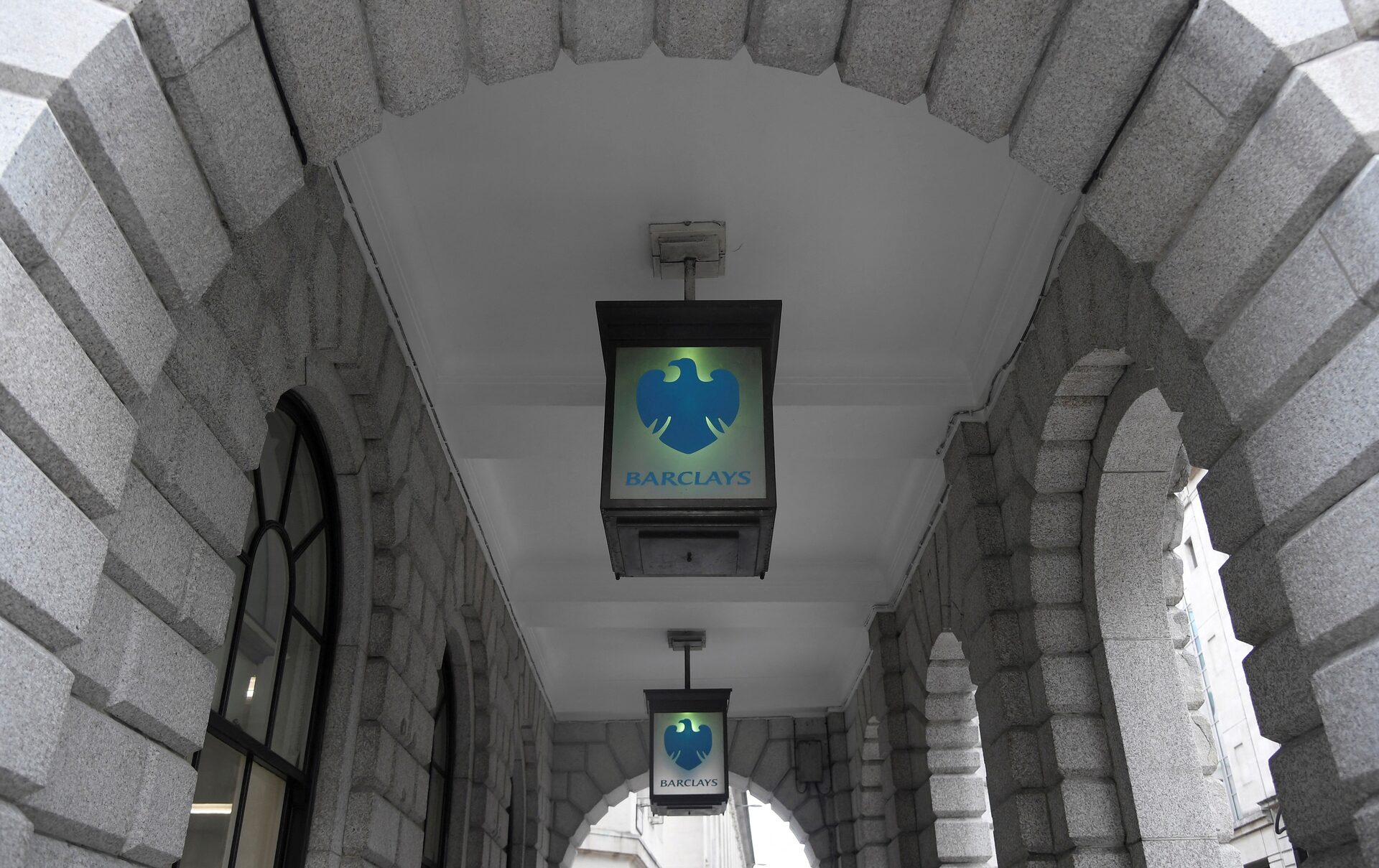
Barclays Reshuffles APAC Investment Banking Leadership to Boost Regional Presence
July 3, 2025
3 minutes read






Elon Musk Faces Backlash Over Comments Targeting Government Employees
November 27, 2024
2 minutes read


Major Cybersecurity Concerns Highlighted in Andrew Tate Hack and Undersea Cable Incident
November 25, 2024
2 minutes read

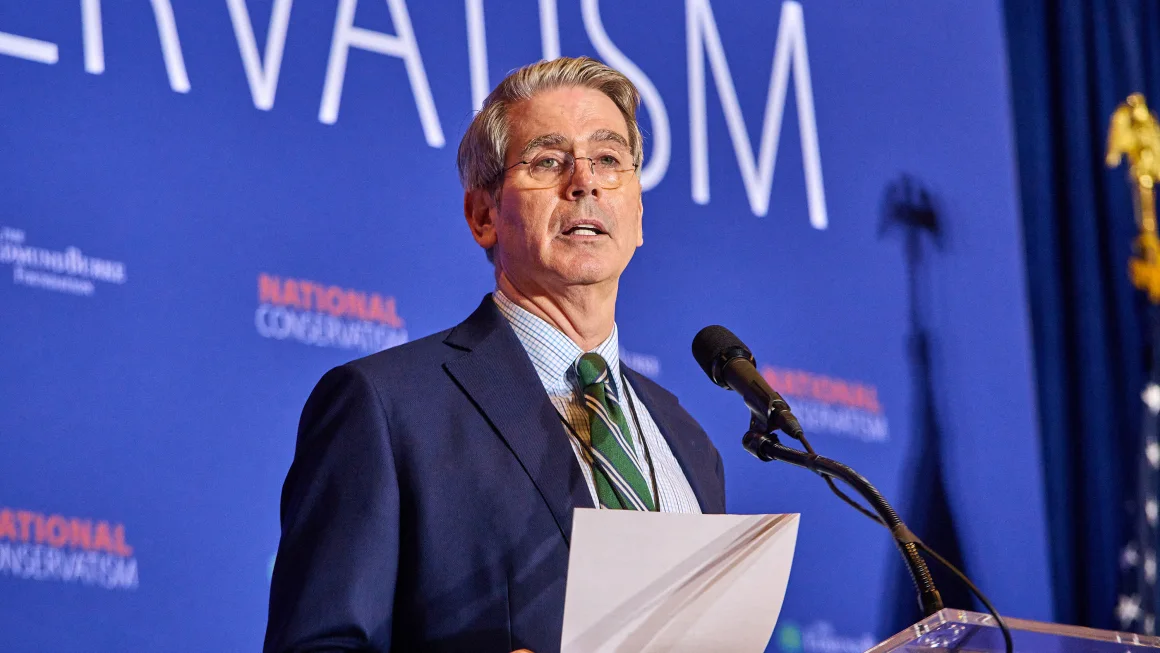

DirecTV and Dish Network Merger Cancelled Amid Regulatory and Financial Challenges
November 22, 2024
2 minutes read

Deportation Concerns Loom Over U.S. Labor Market Amid Worker Shortages
November 21, 2024
2 minutes read

Comcast Explores Spinoff of NBCUniversal's Cable Division Amid Industry Changes
November 20, 2024
2 minutes read


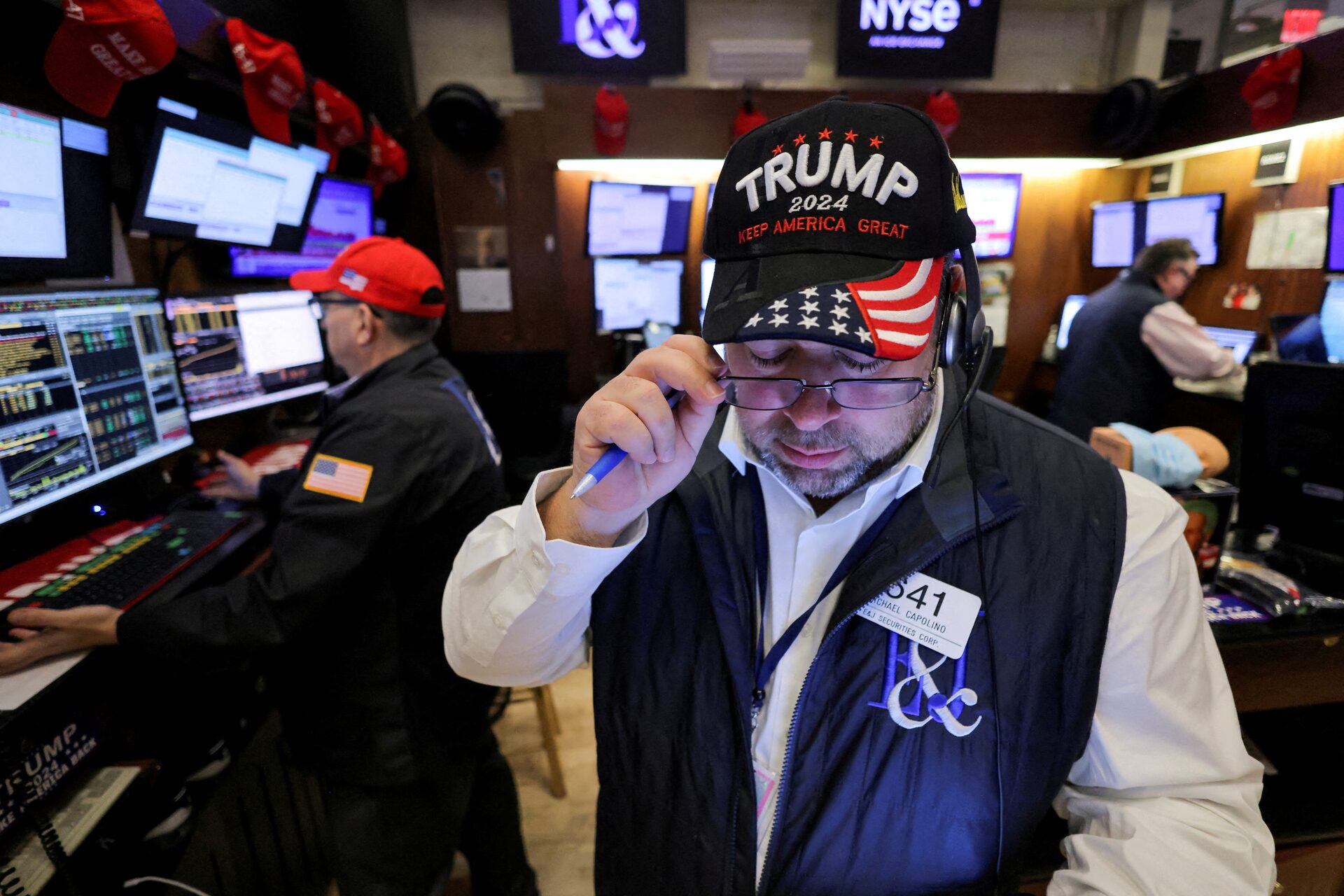

China Challenges Western Duopoly in Civil Aviation with C919 Aircraft Launch
November 17, 2024
2 minutes read

Disney’s Earnings Offer Hope for Streaming Amid Decline of Traditional TV
November 15, 2024
2 minutes read

Bluesky's User Base Doubles as Users Flee X Amid Trump Influence and Content Shifts
November 14, 2024
2 minutes read


Ringgit Opens Slightly Higher Against US Dollar Ahead of Key Inflation Data
November 13, 2024
2 minutes read

7-Eleven Owner Considers Historic $58 Billion Buyout to Go Private in Japan
November 13, 2024
2 minutes read


U.S. Regulators Investigate Engine Failures in 1.4 Million Honda Vehicles
November 12, 2024
1 minutes read
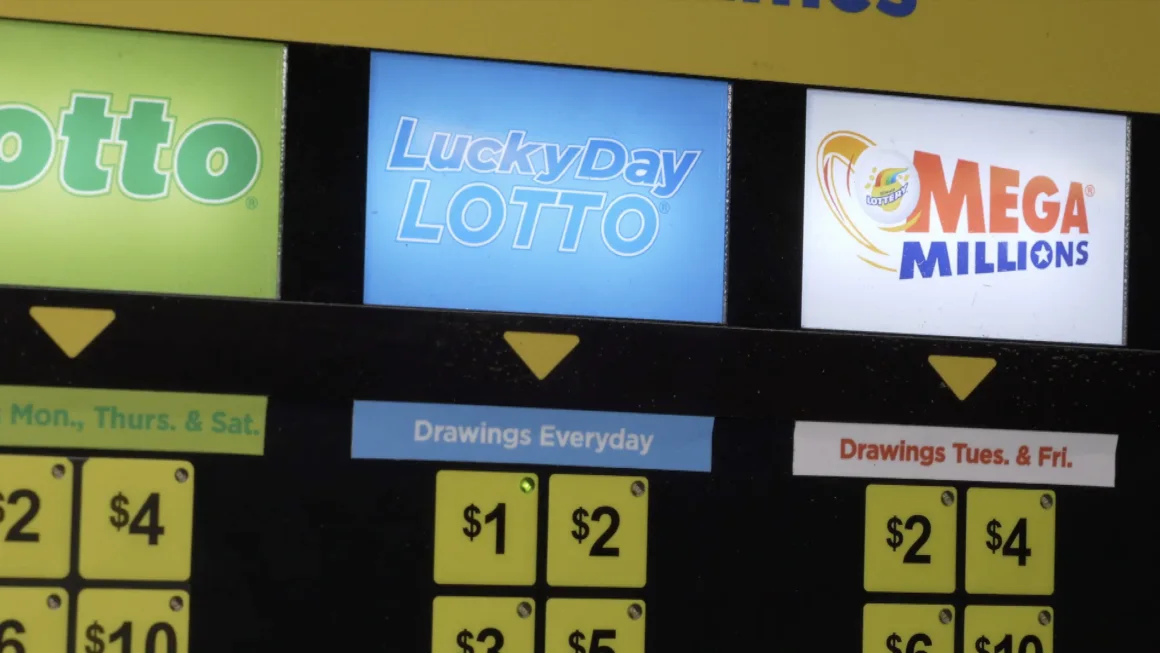
Woman Discovers Forgotten Lottery Ticket in Her Purse, Wins $1 Million
November 11, 2024
2 minutes read

How ReelShort CEO Joey Jia Used a Chinese Trend to Disrupt the U.S. Entertainment Industry
November 11, 2024
8 minutes read